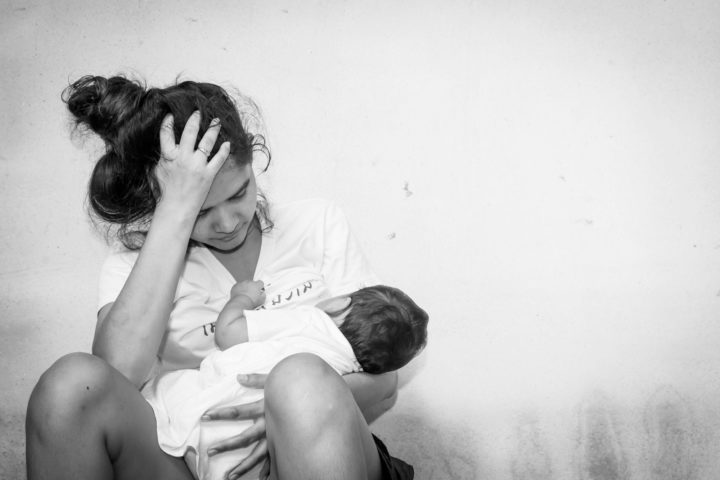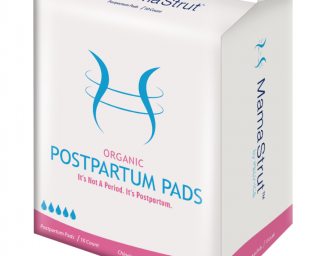 In a 2007 study, doctors at the University of Montreal conducted a study involving postpartum, pregnant and never been pregnant women to study the prevalence of nightmares during pregnancy and postpartum. They concluded that postpartum women reported they had dreams which contained anxiety (75%) and the infant in peril (73%) compared to 50% of pregnant woman who had similar dreams.
In a 2007 study, doctors at the University of Montreal conducted a study involving postpartum, pregnant and never been pregnant women to study the prevalence of nightmares during pregnancy and postpartum. They concluded that postpartum women reported they had dreams which contained anxiety (75%) and the infant in peril (73%) compared to 50% of pregnant woman who had similar dreams.
These dreams often came with movements in sleep that suggested agitation and restlessness. The doctor conducting the study posited that new mom’s (and dad’s) experience these dream because they are settling into a phase of life that involves caring for a child that is still establishing a new reality in their lives. Combined with fragmented sleep is a hot bed for lucid dreams.
Despite being so common, it is still rarely discussed because of the often violent nature of the dreams. Many mom’s are concerned that they will be judged by others for having such explicit visions involving their baby. Emotional superstition also leaves women feeling that if they acknowledge or talk about the events in their dreams that they will somehow come true. Common themes involve car accidents, or losing a baby in blankets or sheets. But sleep specialists have argued that this is a part of the bonding processes that many parents go through, and dreams like this can help deepen the evolutionary protective nature of being an new parent, scary as they may be while having one. A lot of women saw these types of dreams reduced after a year or so, but would still occasionally have them for years after.
A more serious version of these postpartum nightmares are the ones associated with PTSD that has been known to occur in women who have experienced traumatic births. Nightmares in which they relive the traumatic events are a serious symptom of PTSD, and a doctor or professional should be contacted.
Additionally, though unrelated, if you feel like it’s possible that you might actually injure yourself or your baby immediate help needs to be sought, as this may be symptomatic of postpartum psychosis.







